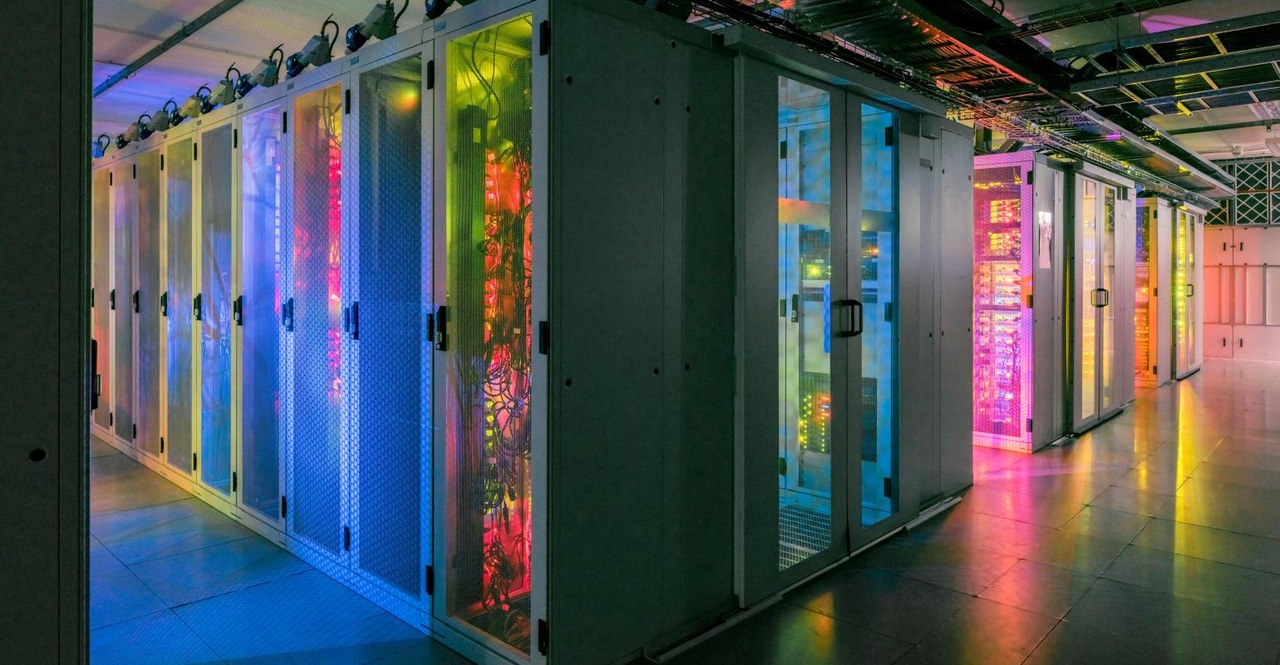Industry Pro Examines the Challenges and Possibilities of Edge Data CentersIndustry Pro Examines the Challenges and Possibilities of Edge Data Centers
Mike Andrea shares his answers to AFCOM's "Five Data Points" interview series.
January 31, 2023

Editor’s Note: Data center member organization AFCOM interviewed Mike Andrea, CEO, co-founder, and Director of Oper8 Global, on the data center industry and its impact on the world. Mike is a member of AFCOM’s Data Center Institute (DCI) and has over 35 years of experience in the ICT industry, covering strategy, design, and management across commercial and government sectors.

Mike Andrea, CEO, co-founder, and Director of Oper8 Global
AFCOM: This past year, what has been the greatest challenge you’ve had to face within the data center industry? How have you overcome it?
Mike Andrea: There’s two key things here. The first is funding growth for businesses focused on high security technology infrastructure—specifically, funding growth in that space in a marketplace that’s used to hearing about unicorns.
It’s difficult—they want apps, they want software, they want $10 to turn into $10,000,000. So getting the message across with potential CapEx investors has been a challenge, as well as trying to get the message across that focusing on infrastructure is actually a good thing because someone has to do it. I mean, if there’s all these guys writing all this software, it’s actually got to sit somewhere, right?
The other challenge I’ve faced is around module and edge solutions. We run into situations where a lot of customers think it’s as simple as just another data center install. And a lot of organizations think they can do the installation themselves and do it well. But if we’re truly aware of what’s happening with the skill shortage happening market-wide, getting the right people in your business to run, own, operate, manage, and maintain micro-edge facilities that are on-premise is really difficult.
Unfortunately, however, after we see these organizations go off and do the installation themselves, they fail and think start thinking that edge itself is a failure. But really, they’ve just gone about it the wrong way. It’s made us want to partner with key organizations that can allow us to build a business model together and create good micro-edge deployment. That’s the message we want to get across: that it’s okay to actually apply this like an as-a-service model.
AFCOM: How do your data centers interact or give back to their local environments or communities? How do you hope to give back in the future?
Andrea: I’ll talk about what I’d like to do in the future first. If I could get my funding model right with some equity growth funding, I’d be rolling out a lot more edge data centers in local areas. When we think of what a local edge data center can do for businesses, it actually lets them stay where they are. We’re trying to help retain jobs in local and regional communities and trying to stop urban migration. And part of deploying these edge data centers is the community benefit you receive by investing locally, partnering with small businesses in the community, and partnering with some suppliers that can actually support our business model in this local community.
If we think about Big Cloud, or Big Hyperscale, they tend to be attracted to big population centers, which can drag skills out of regions and urban areas from other cities that aren’t quite there, which can cause skill shortages that’ll become a bigger problem for many communities.
So what we’re trying to do now is work with local businesses and figure out what they actually need before we help them with an edge or micro-edge solution, which can include energy security and decentralizing energy supplies.
AFCOM: If you could build a data center anywhere in the world, where would it be and why?
Andrea: I’d rather build 1,000 location-specific data centers at the edge than worry about just one data center. Even if people say there’s a million customers at the cloud, there’s also a million locations without cloud infrastructure. I’d rather go after the million locations and help those organizations in the million locations that are getting frustrated by the fact they can’t do things digitally.
AFCOM: What recent data center trends have made you the most excited or enthusiastic?
Andrea: I’ll combine two trends into one: taking micro- and edge data center infrastructure and securely placing those in the right locations combined with high performance compute. HPC with extreme density is here, and it’s coming more and more.
What the rest of the market doesn’t seem to know about are things like the latest chipsets from manufacturers, which will cause your per-chip to double and triple over the next two years. At least, that’s the forecast. Then there’s your typical server going from 800 watts to two kilowatts in the next 18 months. If organizations don’t see that coming and don’t understand that, then that’s fantastic for us, because what we’re trying to do is blend HPC extreme density into modular and edge, which means you can have HPC-as-a-service.
However, some of the HPC solutions that some of our customers are asking for can’t be deployed in some colo facilities. It’s just impossible to do. It won’t physically fit. And yet we’ve been asked by a vendor recently to say, can you come up with an architecture solution for 200 kilowatts of rack? You start to sit there and wonder whether people truly understand what’s coming.
AFCOM: What do you personally hope to accomplish in the next decade? What do you hope the data center industry as a whole is able to accomplish in the next decade?
Andrea: The industry as a whole needs to transition itself to thinking a little bit more outside the square. We’ve got this worldwide business model that’s essentially, “Unless it’s hyperscale, it’s no good.” That’s a bit silly to me.
To be brutally honest, until the data center marketplace says to investors and businesses, “I don’t know who you’re listening to, but you’re not listening to the people who actually run these data centers,” then nothing’s going to change. Enough is enough. The data center industry needs to stand up and actually have a voice and start saying there’s nothing wrong with edge. There’s nothing wrong with having something on-premise. There’s nothing wrong with using the skillsets we already have to support and enable your business.
However, if we continue down the path of centralizing everything into 100 global cities, there’s no data center marketplace going forward. If we think there’s a skills problem now, there will absolutely be a bigger one in 10 years. Something needs to change. We need to think local.
About the Author
You May Also Like









